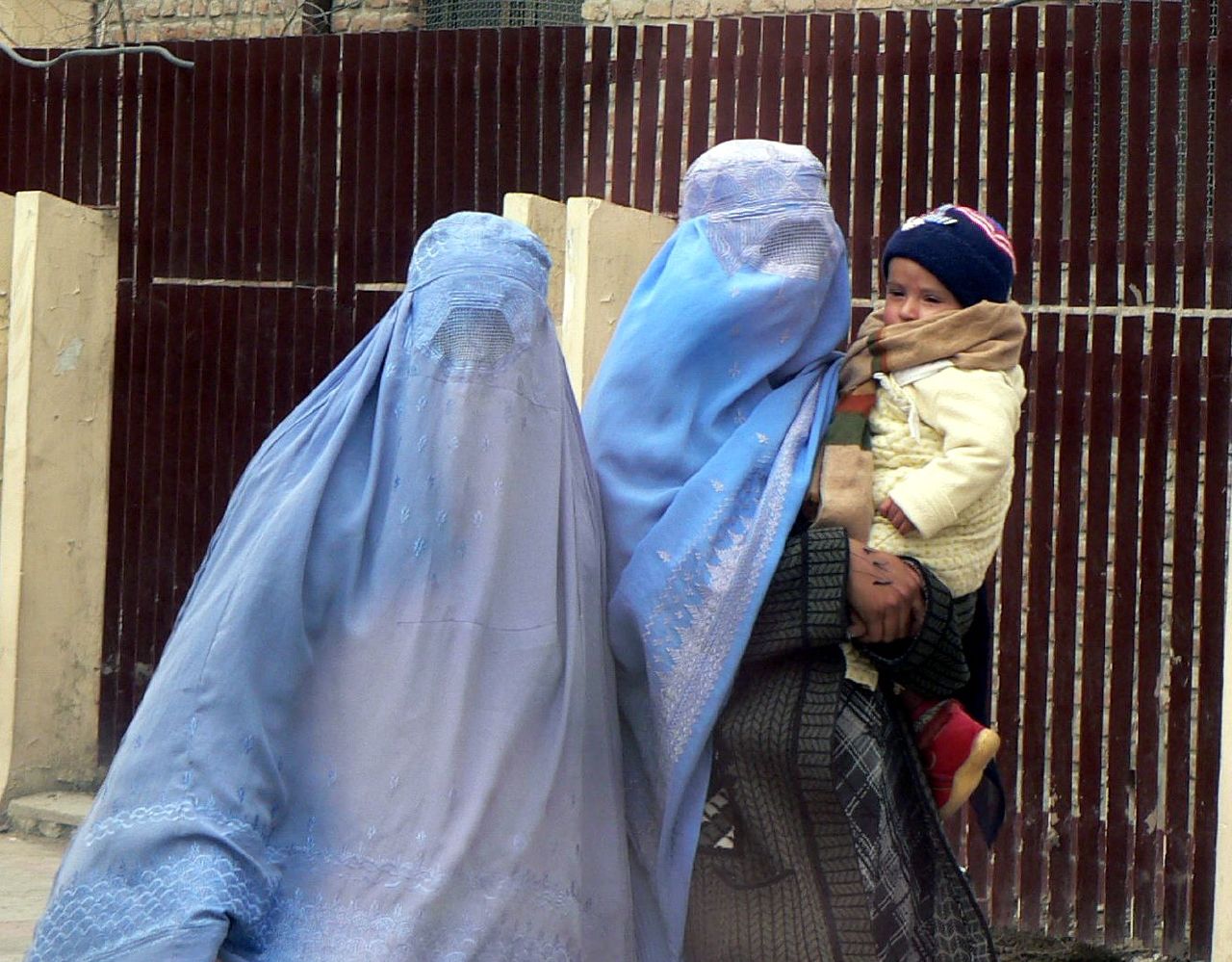- About
- Topics
- Picks
- Audio
- Story
- In-Depth
- Opinion
- News
- Donate
- Signup for our newsletterOur Editors' Best Picks.Send
Read, Debate: Engage.
| topic: | Women's rights |
|---|---|
| located: | Afghanistan |
| editor: | Shadi Khan Saif |
The latest on the Taliban furthering harsh restrictions on women and girls happened last week when the group threatened to ban females from appearing on television if they did not cover their faces as per the Sharia dress code.
Abdul Ghaffar Farooq, Spokesperson for the group's moral policing body, the Ministry of the Promotion of Virtue and Prevention of Vice, announced that media representatives must "adhere to a modest dress code, showing images of women in black attire and veils with their faces mostly covered, leaving only their eyes visible".
As per Afghanistan's Journalists Centre, the Taliban spokesman said news channels should avoid interviews with Afghan women "who do not adhere to the hijab or fully cover their faces."
Women's universities have remained closed for over a year now due to gender segregation.
Before this, in yet another blow to the free press and freedom of expression, Taliban authorities in eastern Khost issued stern directives to limit the scope of local media outlets in the province regarding the participation of women and girls.
Through a letter issued to the Department of Information and Culture, the Khost security command asked to prevent women from making phone calls to regional radio programs. In this letter, the purpose of this action is described as the prevention of moral corruption.
A part of the letter states: "Our country, Afghanistan, especially Khost province, is an Islamic, cultured province of the Afghan society. Therefore, these types of phone conversations lead society to corruption, and on the other hand, it is against Islamic Sharia. Therefore, to preserve the honour and dignity of the nation, region and village, it is necessary to refrain from contacting girls in any kind of program."
These fresh restrictions on radio stations in Khost have caused grim concern among journalists and the tiny civil society remaining there since the fall of the Afghan Republic in August 2021.
The alienating of women and girls in this way causes more isolation and makes them face more mental and emotional problems on top of the already grim circumstances they are enduring.
With the world watching in silence, a continuation of these restrictions and alienation of women in Afghan society will have destructive and negative impacts for generations to come.
Image by Jonathan Velasquez.

